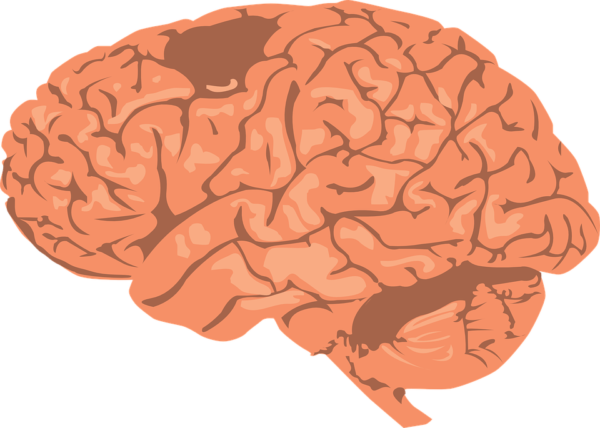The human brain is arguably the most sensitive part of the human body. Traumatic brain injuries often lead to dangerous side effects, such as loss of memory and cognitive function, that can be permanent. However, scientists at the University of California, San Francisco (UCSF) may have found a way to reverse this permanent effect.
Image Source: debbismirnoff
According to these scientists, a newly discovered compound called Integrated Stress Response Inhibitor (ISRIB for short) may be the key to eliminating permanent brain damage. The inhibitor acts specifically on stress granule formation. These granules, dense aggregations of RNA and proteins formed when cells are under stress, typically protect the cell but are also affiliated with toxic proteins involved in neurological diseases. When administered, ISRIB crosses the blood-brain barrier easily to stop the stress granules from forming.
This compound, originally used to improve memory in mice, was discovered in Peter Walter’s lab in 2013. In order to reach this discovery, the scientists ran a test on mice. The animals were separated into two groups: a control group that remained uninjured and an experimental group. The team used mechanized pistons to surgically hit the experimental group mice in specific parts of their brains, mimicking human brain trauma from incidents ranging from car accidents to football injuries. Both groups of mice were then taught how to complete a water maze using cues to remember the location of a hidden platform. As expected, the performance of the injured mice stayed the same while the control group grew better over time.
The scientists then used their new drug ISRIB on the injured mice for three days in a row. The results were astounding — after those three days, the injured mice were able to complete the maze just as quickly as the uninjured ones.
With these results, the clinical implications of ISRIB are fascinating. Many groups of people, ranging from the elderly to dementia patients to head trauma victims, could benefit tremendously from the effect that the drug had on the mice. While the exact manner in which the drug works is still hazy, its results are clear — we may one day live in a world where “permanent” brain trauma is a thing of the past.
Feature Image Source: Clker-Free-Vector-Images










